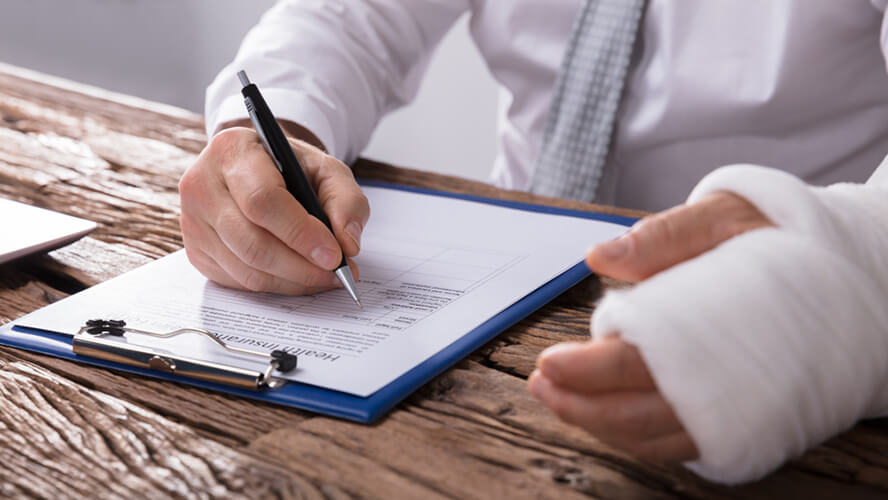When do you need a second opinion for a workplace injury?
After an on-the-job injury, your first step is usually an appointment with a doctor from the posted panel of physicians. Your worksite keeps this list somewhere anyone can see it, like the break room, and Georgia has strict rules regarding its composition. An employer can’t create a panel that leaves out minority doctors, for example, or stack the list with physicians who work at occupational health clinics. While you have to pick a provider from the list, the choice itself is yours.
Still, choosing a doctor you don’t know in an already stressful time can be challenging. You might feel like the doctor isn’t listening to you, is rushing past seemingly necessary tests or is not an expert in your area of need. Thankfully, the Georgia workers’ comp system provides for second opinions, though the rules around obtaining one are complex. When should you pursue a second opinion after a workplace injury, and what should you do if you need one?
When should you get a second opinion?
Second opinions are challenging even outside of the workers’ comp space: They take time and money, and every appointment requires schedule adjustments like transportation help or childcare.
But when your health is on the line, speaking with another provider, asking new questions and getting a fuller picture of your diagnosis is critically important. While every case is different, it’s a good idea to get a second opinion when:
- Your diagnosis is complex
- Your diagnosis is high stakes, like a TBI, spinal injury, or occupational-associated cancer or lung condition
- Your provider took shortcuts in some aspect of your care, not ordering tests or imaging
- Your provider did not specialize in the area of medicine you required or refer you to a specialist
- You doctor didn’t account for your past medical history in your diagnosis or treatment plan
- Your doctor has focused on pain management but not on rehabilitation, recovery or therapy
- Your doctor has cleared you for work when you’re still in pain
While most physicians and providers work tirelessly to provide the care their patients need, mistakes do happen. One study found that 58 percent of patients seeking a second opinion (in general, not limited to workplace injuries) wound up with a major discrepancy in opinion from the original diagnosis.
How do you get a second opinion?

You have a right to switch doctors at least one time within the posted panel of physicians—even if you’re not specifically seeking a second opinion. This is often where most people start, as it’s relatively easy to do.
Sometimes, too, your authorized treating physician (likely the person you chose from the panel initially) will refer you for a second opinion with a specialist.
If you’ve decided you need a second opinion and you’d like to choose a specific doctor, you can request one through an independent medical examination, or IME, within 120 days of receiving benefits. The IME is an evaluation, however, not treatment, though the information you obtain may help steer future care.
You can also pay for a second opinion yourself, though with the cost of diagnostics and even office visits, this is unaffordable for many. Remember, too, that a second opinion might produce a different result than you expect.
What if your employer wants a second opinion?
Sometimes, it’s your employer who will question your initial diagnosis, prognosis or return to work estimate. Your employer has the right to request an IME from a neutral doctor. If your employer requests an IME, you should:
- Enter the appointment able to clearly, accurately describe your injury, symptoms and pain.
- Review the circumstances of your accident, so you can recount it in a clear manner.
- Stay calm and professional.
- Request a copy of your report.
- Verify that the provider is an expert in the area of care you require.
- Remember that the IME will exist outside of a typical doctor-patient relationship, and the doctor’s findings will be shared with your employer.
Being injured at work shouldn’t prevent you from getting the medical care you need. An Atlanta workers’ comp attorney can help you navigate complex care choices and advocate for you to see the specialists you need.
Georgia Workers’ Compensation Attorney
If you’ve been hurt on the job, a workers’ compensation attorney can help you obtain a second opinion or switch doctors without incurring extra costs or complicating your case. Contact the Law Offices of Laura Lanzisera today for a free consultation, or give us a call at 404-991-5097.
